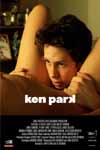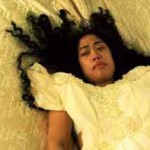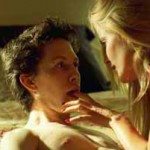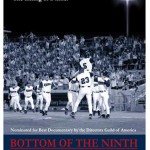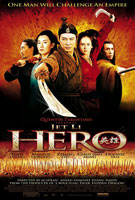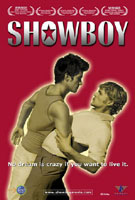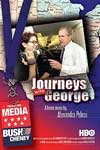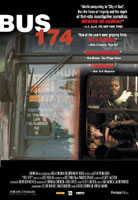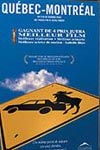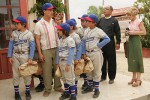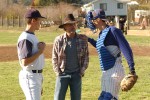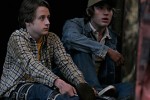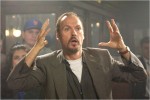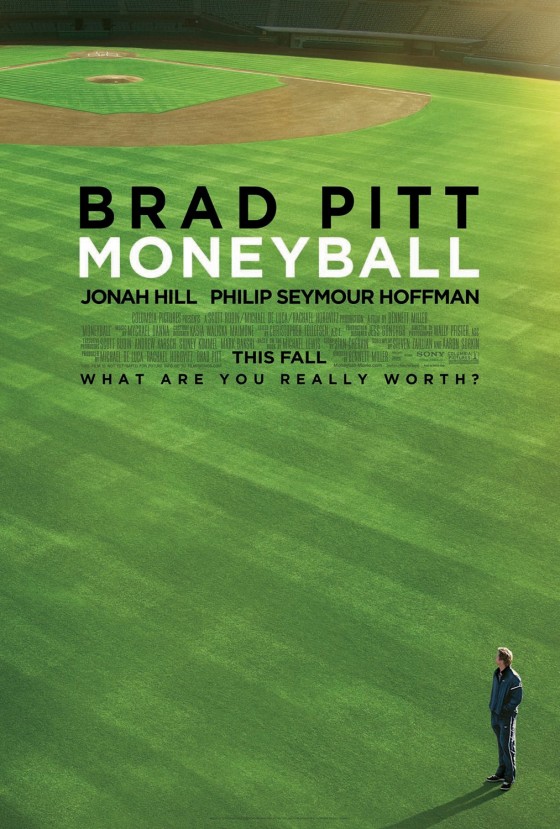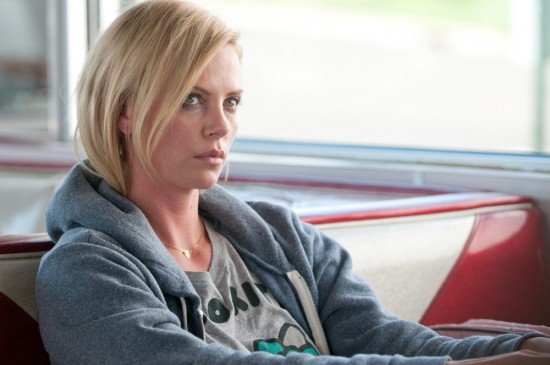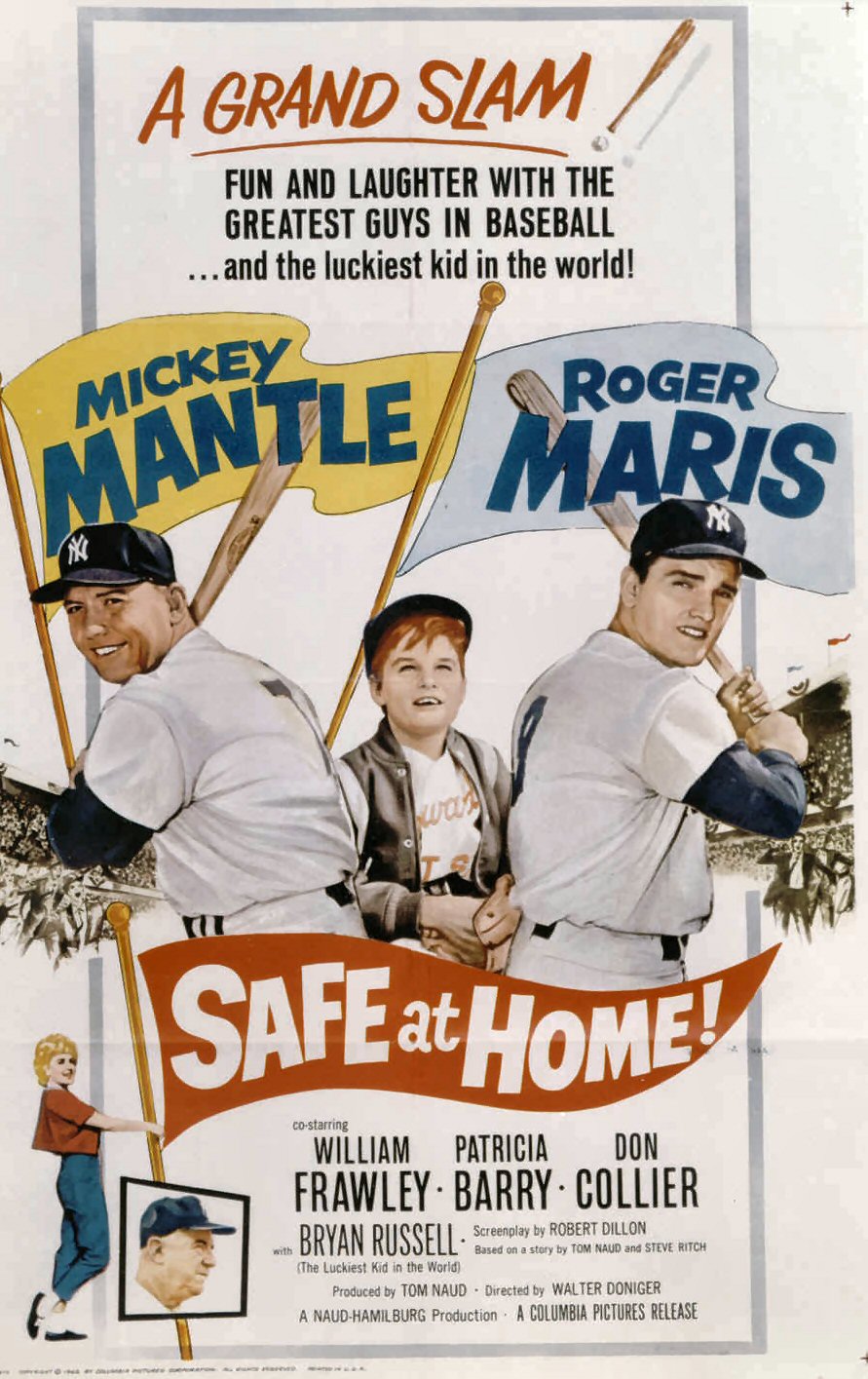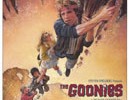Larry Clark is a filmmaker who always has something to say. I’d also venture to say he’s a pervert. On the one hand you’ve got a powerful storyteller, on the other an unapologetic voyeur. Like Clark’s Kids and Bully, Ken Park (co-directed by cinematographer Ed Lachman) focuses on suburban teenage angst. It’s a typical Clark film with lots of graphic sex and lots of brutally honest commentary that flips the bird at traditional families.
A staple in many, many homes around the world is the family portrait. Mom, Dad, 2.2 kids and maybe even the pet dog are all standing together with their hair all neat and tidy, their collars stiff and their smiles as real as a professional wrestling match. This is the nuclear family and for many it’s now nothing more than a utopian dream.
Towards the opening of Larry Clark and Ed Lachman’s controversial Ken Park, Shawn (James Bullard), the film’s narrator, shows a picture of his real family. There’s no adults present, just Shawn and his friends hanging out. As the film argues, Shawn and company live in a world where kids learn from one another, not from grown ups. Somewhere along the line parents abandoned their traditional role model status.
Ken Park is the name of one of the phantom children who lives in the film’s suburban southern California town. He likes to skateboard as we’re shown in the films first couple of minutes. But something’s not all right with Ken. You can’t put a finger on it but it’s the same nondescript depression that haunts many youths. It becomes too much and Ken puts a gun to his head and pulls the trigger, all the while he has his video camera rolling so his one act of infamy can be relived over and over. It’s not until the end of the film after all of the other film’s central youth have been sent through the ringer themselves that the likely reason for Ken’s suicide is revealed.
The meat of Ken Park focuses on the kids in the picture. Shawn is learning the art of loveless sex from his girlfriend’s mother. Tate (James Ransone) is something of a psycho who lives with his grandparents, cussing them out whenever given the chance. Peaches (Tiffany Limos) lives alone with her father, a devout Catholic. Peaches likes kinky sex. Claude (Stephen Jasso) is mocked and abused by his father (Wade Andrew Williams) for living a ‘sissy’ lifestyle and refusing to pull his pants up so the boxer line doesn’t show.
In his previous films Clark has touched on criticizing on the direction child raising is going. Kids are out on the streets, doing hard drugs, having promiscuous sex, getting in fierce fights. In fact, the government could use both Kids and Bully as propaganda fear films to get parents to keep their kids in at night. But what these two films haven’t done is really looking at why these kids might be struggling the way they are. Parental neglect comes up, but that’s about it. Ken Park finally sheds a little light on the parental problem. Neglect is part of it, but poor communication and expectations are bigger issues. Both Peaches’ father and Claude’s father want their children to be people they aren’t. Peaches has been pressured her whole life to strictly follow her father’s religion. It shouldn’t be any surprise that she rejects it because she was never given a voice in the issue. The same goes for Claude. His father wants someone who’s tough and might grow up to work with his hands and drink beer every night. But right now Claude constructs his identity from his skateboarding. This hobby influences who his friends are, the way he dresses, the music he listens to – it’s who Claude is. With their parents so set on the ideals of how they should be, Peaches and Claude react by doing the exact opposite. They rebel. And they rebel even more when their parents use their force and refuse to listen to the youthful side of the story. Conversations end up being tests of wills rather than open-ended discussions where one person speaks and the other listens.
I think listening is the key to what Clark, Lachman and writer Harmony Korine are trying to get at. If there’s communication things have the possibility of working out. Look at Shawn and how he acts with his girlfriend’s mother, Rhonda (Maeve Quinlan). She sees Shawn as a play thing. Shawn just wants to gain sexual experience. They talk about it and come to a point blank agreement that their relationship is strictly physical. Same when Peaches, Claude and Shawn are hanging around. They spend some time talking about everything, opening up like friends do for one another and they all seem to understand one another. It all leans towards the lost art of listening, something that only takes an open ear and not always an open mouth.
The teenage years are ones of discovery, both about one’s self and life in general. That means trying things out, making discoveries, making mistakes. But because these children have grown up being denied the right to be heard they’re now shutting down. Tate is the ultimate example. His parents are gone so he’s living with his grandparents. Tate had no parents to listen to him so he loses it. The teens in Ken Park all just want to be loved for who they are. That’s it.
Ken Park doesn’t have any real plot. Instead it’s simply a series of vignettes that draw out who these suburban dwellers are and tires to explain why they are. There are few quiet scenes. Instead Clark is out to make his audience feel and react. Everything is graphic. Very graphic. Perhaps, at times, too graphic. But I am glad to see that Clark abandoned some of his blatant voyeuristic glances that have bothered me in the past with his work. Bully, for example, got the necessity of sex home early. Yet Clark continued to show his teenage characters rolling around in the sheets over and over. One shot in Bully particularly bothered me was a throwaway of Bijou Phillips in which he panned down to her crotch and immediately proceeded back up her body to her face. Why he needed to include the crotch shot is beyond me. That’s the pervert side of Clark that seems appear more often than might need be.
Most any film with the name Larry Clark attached to it, there’s bound to be controversy. Like in the past, the controversy surrounding Ken Park is its graphic sexuality. Either the actors are really doing it or Lachman is great with camera tricks because there are no sheets to hide under. A quick glance at the film’s poster with Shawn readying to perform oral sex on Rhonda shows that even if these actors weren’t actually doing the deed, they came mighty close. But Clark knows this is the best way for him to get attention for his films. In fact, getting banned in Australia is probably the best thing that could have happened to Ken Park. It encouraged people to see it, both in underground screenings in Australia and around the world because of all the press.
I don’t know if most of Ken Park‘s critics actually watched the movie or they simply saw the need to lash out against the rampant sexuality. But the Ken Park that I saw had something to say that made me look beyond whether or not Shawn and Rhonda actually had sex. This is a movie that lends a voice to a good chunk of the youth population. It’s a voice that just wants to be heard. Is that too much to ask?
Ken Park Gallery
